The Culture Of New Zealand
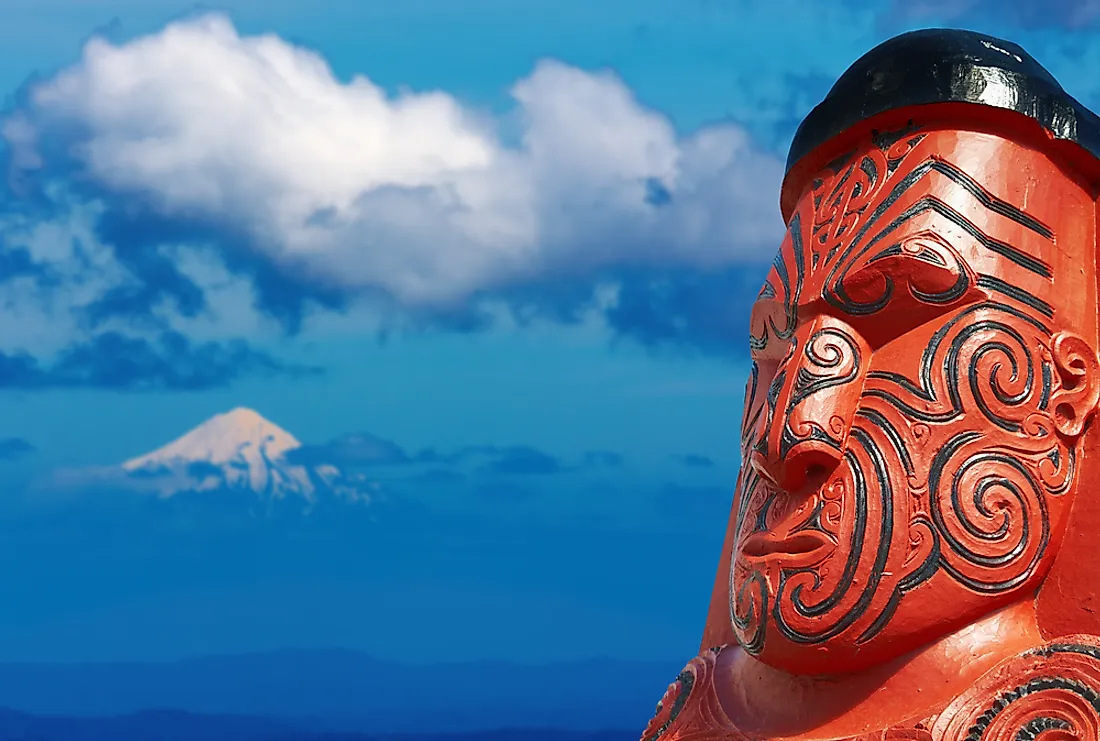
- New Zealand's culture is a mix of Western and Indigenous influences.
- The Māori people have lived on the island since the 14th century, and the British colonizers came in the 18th century, forever altering the course of history for the inhabitants of New Zealand.
- Most of New Zealand's population is either Christian or not religious, and the country also includes different faiths like Islam and Buddhism.
- The traditional Māori music, dance and art forms are still practiced today, and have significantly influenced New Zealand's artistic expression.
- Rugby is the most popular sport in New Zealand, but many other sports are practiced as well.
The island of New Zealand is located in the southwestern region of the Pacific Ocean, southeast of Australia. New Zealand is a diverse nation, with colonial Western culture influenced by Māori customs and traditions. Before the 1800s, the Māori pre-colonial culture was dominant on the island. The Māori culture developed from Polynesian influences of their traditional lands, and when they arrived on the island we now know as New Zealand in about the 14th century, their culture developed under the influence of their new surroundings.
The migration of the Europeans into New Zealand in the 1800s forever changed the course of history for its inhabitants. These Europeans carried with them traditions and practices of their native lands, most of whom were from Britain. Cultural interactions among the Europeans and the Māori people created a new set of new practices both for the Māori and for the Europeans as they exchanged different aspects of religion, dress, music, and language. These interactions between the Indigenous Māori and the European settlers gave rise to the Pakeha people. Currently, New Zealand is committed to promoting its cultural heritage, especially the Māori culture, which is unique to this country.
Social Beliefs And Customs
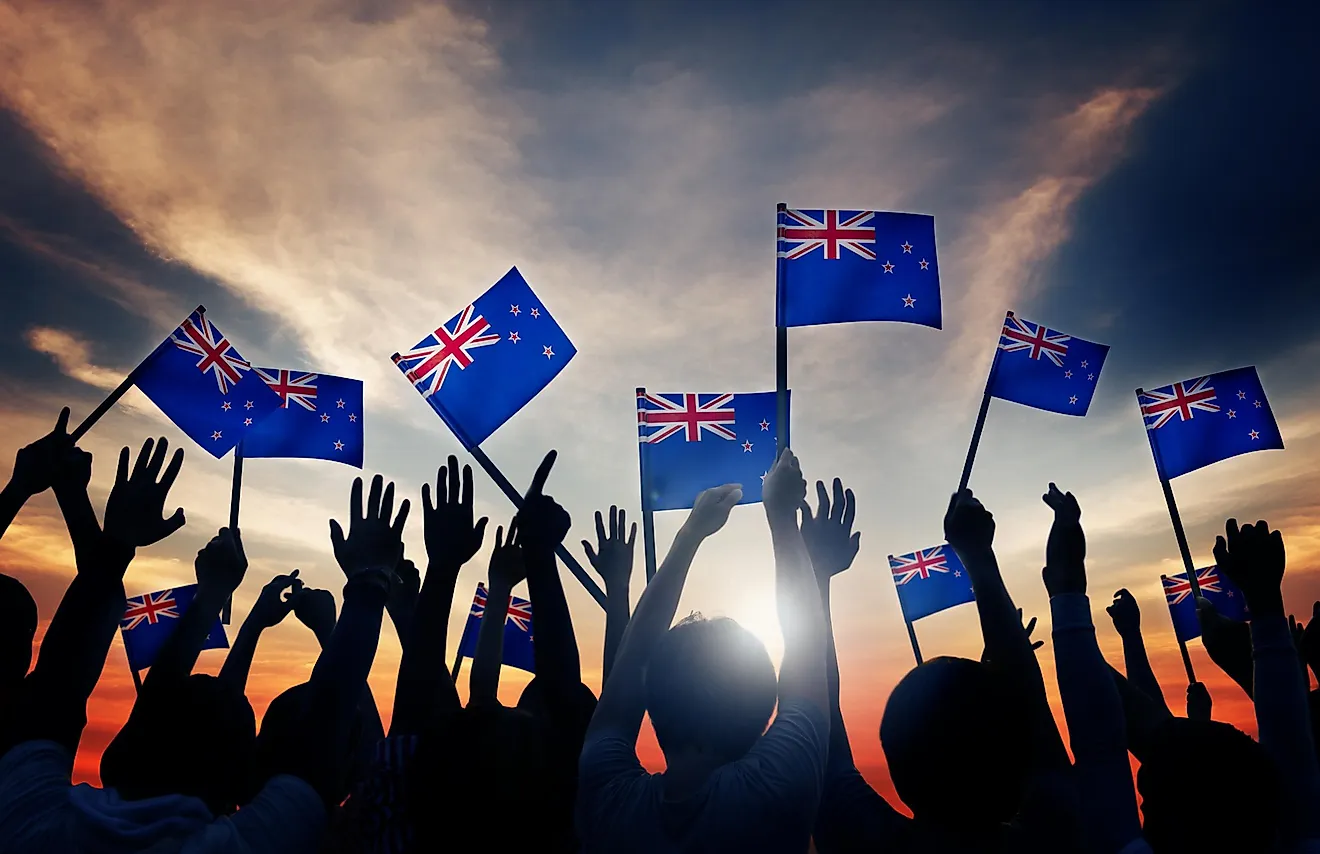
Though the relations between the Indigenous peoples and Western settlers have varied throughout its history and have been strained at times, New Zealand is founded on the principles of equality and classlessness. Although the earlier culture of the Māori displayed social stratification with three different hierarchies of belonging in their society, the classes relatively disappeared with influence and interaction with other cultures. New Zealanders, also called Kiwis, are social people who believe in basic politeness and hospitality to all. They value aspects such as personal distance during communication, greeting, and have defined expectations on showing affection in public. For instance, during communication, too much eye contact and closeness translate to the invasion of personal space. Greetings are also an important part of the social fabric of New Zealand with parties acknowledging each other with a simple “Good day!”
Cuisine
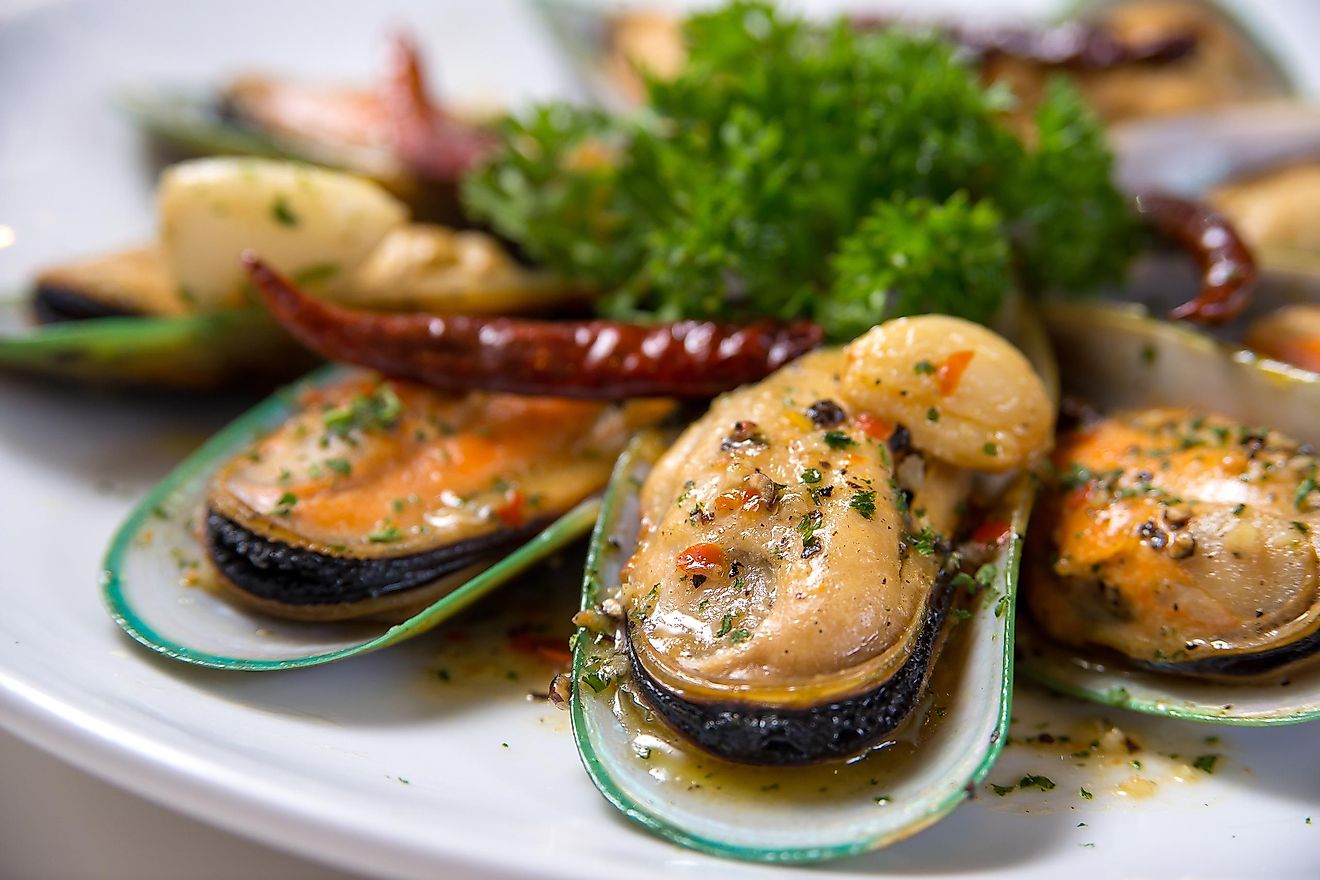
The cuisine of the Māori people includes sweet potatoes, fern roots, birds, and fish prepared into various meals with earthen ovens, roasting and steaming over natural hot springs and pools. The influences of the European culinary cultures on the Māori led to the adoption of pork and potatoes in the Māori diet. The Pakeha people, a word used to refer to light-skinned Māori or to the Western colonizers, brought their native culinary tradition into New Zealand including their high consumption of red meat and sweet foods. The evolution of the country’s cuisine from influences of local and international cultures has led to the emergence of new cuisines and the recreation of former ones. Food tourism has also grown, with tourists eager to partake in unique cuisines and more restaurants incorporating a variety of local and ethnic foods into their menus. Increased awareness of healthy eating has also played a significant role in the production and preparation of food in the country with most people opting for healthier choices.
Clothing
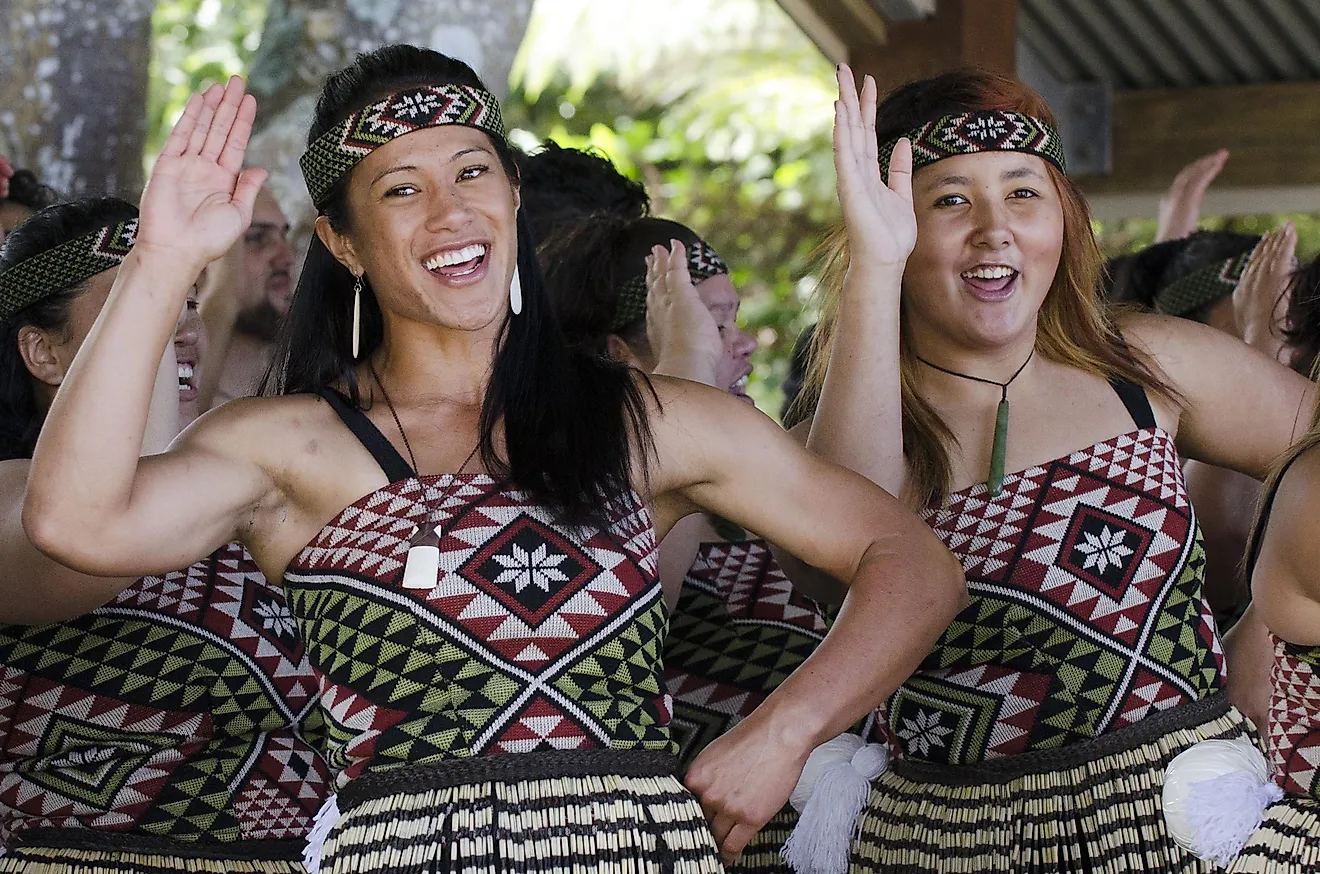
Clothing is an essential part of the identity of New Zealanders. While most of the fashion is from Western culture, subtle influences of other cultures, particularly Māori, can be found in the dress and style of clothing. Both the Māori and the Pakeha borrowed clothing styles and pattern designs from each other. Today, the Māori will often wear their traditional clothing during cultural festivals, and their daily wear is primarily casual and Western in style. Generally, New Zealanders dress in a smart-casual style when out for social events.
Music And Dance
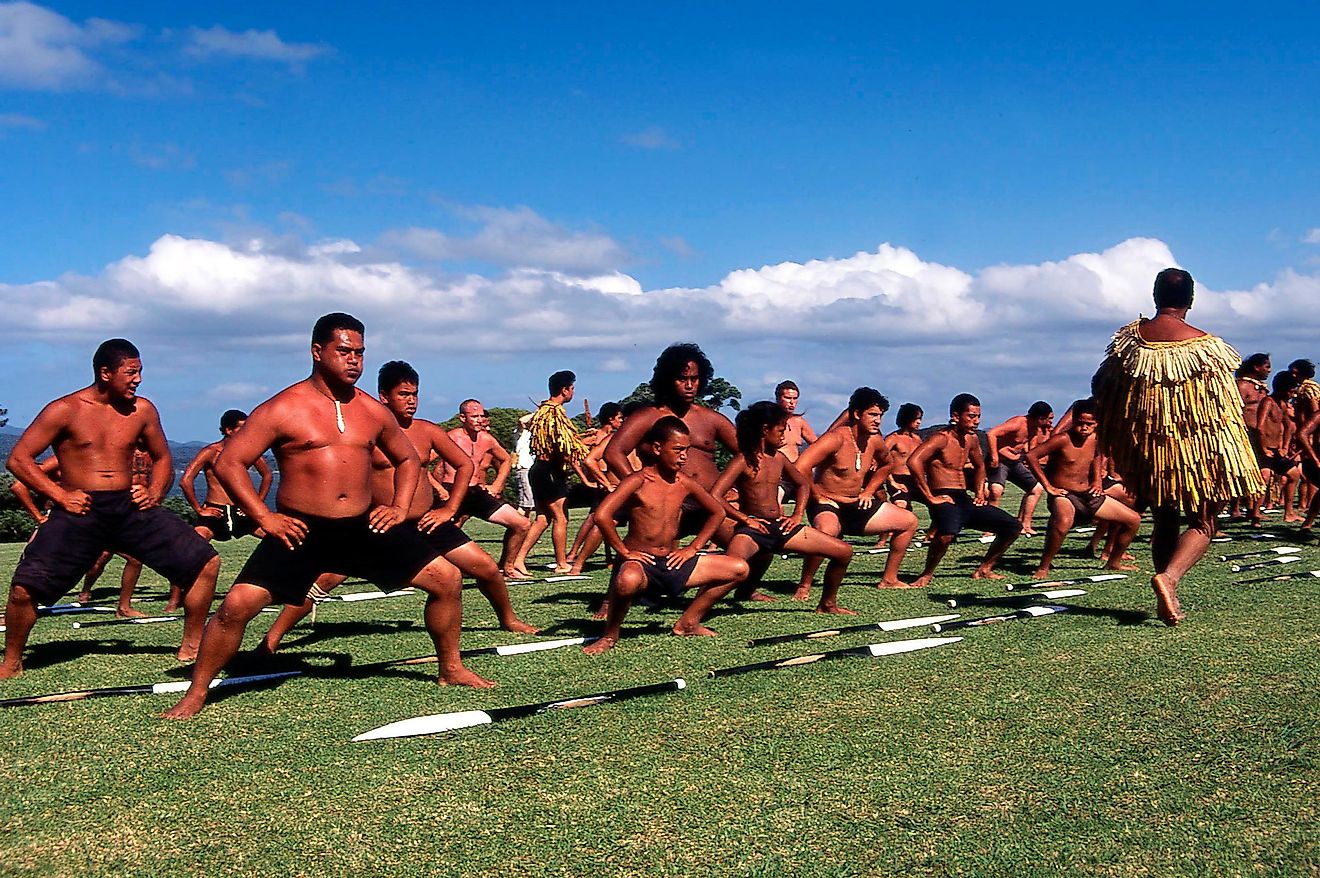
Music and dance are some of the aspects that are central to any culture. The music and dance in the New Zealandic culture draw its influences from genres such as jazz, pop, hip-hop, or rock and roll. However, the music has a unique New Zealand twist from the incorporation of Māori singing traditions, dances and musical instruments. Traditional Māori music featured monotonal and harmonic signing, usually by a group of singers. Later on, the music developed through the adoption of European styles and instruments leading to the rise of contemporary Māori music. Dance styles of New Zealand descend from influences of the Pacific, Asian, and European cultures. Cultural dances and music are often seen at festivals and cultural events in New Zealand. The most famous dance is the Pacific dance, a part of the Pasifika festival. The traditional Māori dance, the Haka, has also gained prominence in New Zealand. Other dances in New Zealand include the Irish dance, Morris dance, Legong, Chinese lion and dragon dances, and Bharata Natyam.
Literature And Arts

The traditional Māori storytelling is primarily oral. During the pre-European era, oral traditions were the common method of transmission of their cultural traditions, beliefs, and practices. The major literature developed in New Zealand for a long time showed the dominance of European influence. Very few Māori engaged in literary production, with that trend changing only recently. The Māori flourished in the performing arts such as traditional dances and songs. New Zealand is home to numerous museums and galleries that contain relics of the Māori arts including sculptures, woven items, and carvings made from various materials. Some individuals, organizations and the government provide funds towards the promotion and revival of traditional arts.
Religions And Festivals
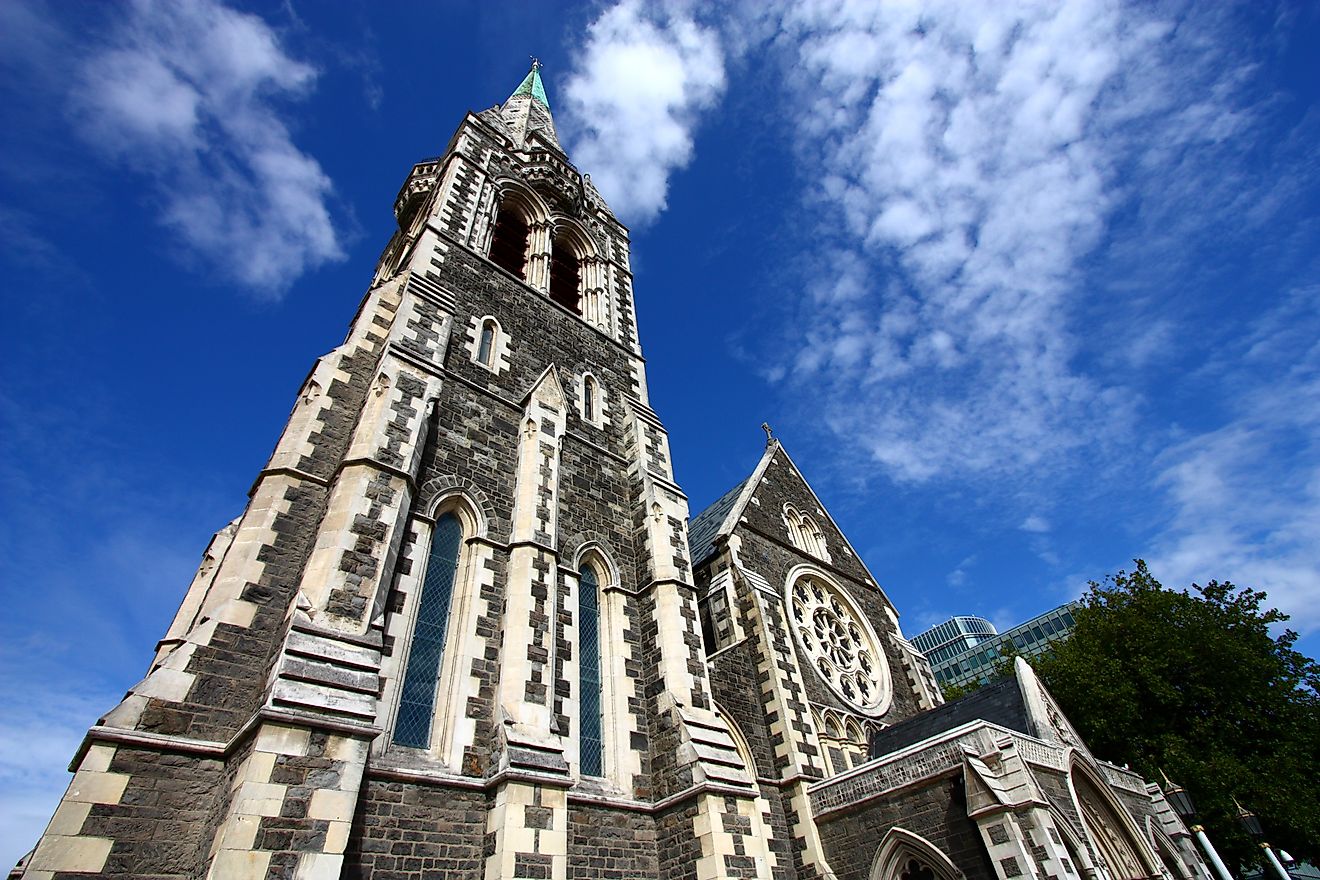
Before the coming of the European, the polytheistic Māori religion was the common practice. With the introduction of Christianity, some of the Māori people converted to Christianity. Other religions sects such as the Ringatu and Ratana have retained some of their traditional religious practices while adopting the Christian faith. Since the 19th century, Christianity has risen to the prominence of being the most popular religion in the country, totaling about 45% of the population. The main Christian groups in New Zealand are Roman Catholics and Anglicans with about 12% each, and Presbyterian at 8.47%. Other religious groups in New Zealand include Hindus, Buddhists, and Muslims. About 38% of the population has no religion. Festivals in New Zealand exhibit influences of both traditional and modern cultures. The two most recognized New Zealand native festivals include ANZAC Day, which commemorates New Zealand and Australia’s fallen soldiers and veterans, and Waitangi Day, the anniversary of the signing of the Waitangi Treaty between British representatives and Māori chiefs which acts as the country’s founding document. Religious festivals, as in other Christian countries, include birth, marriage, and death, which include foods, drinks, songs, and dance.
Sports
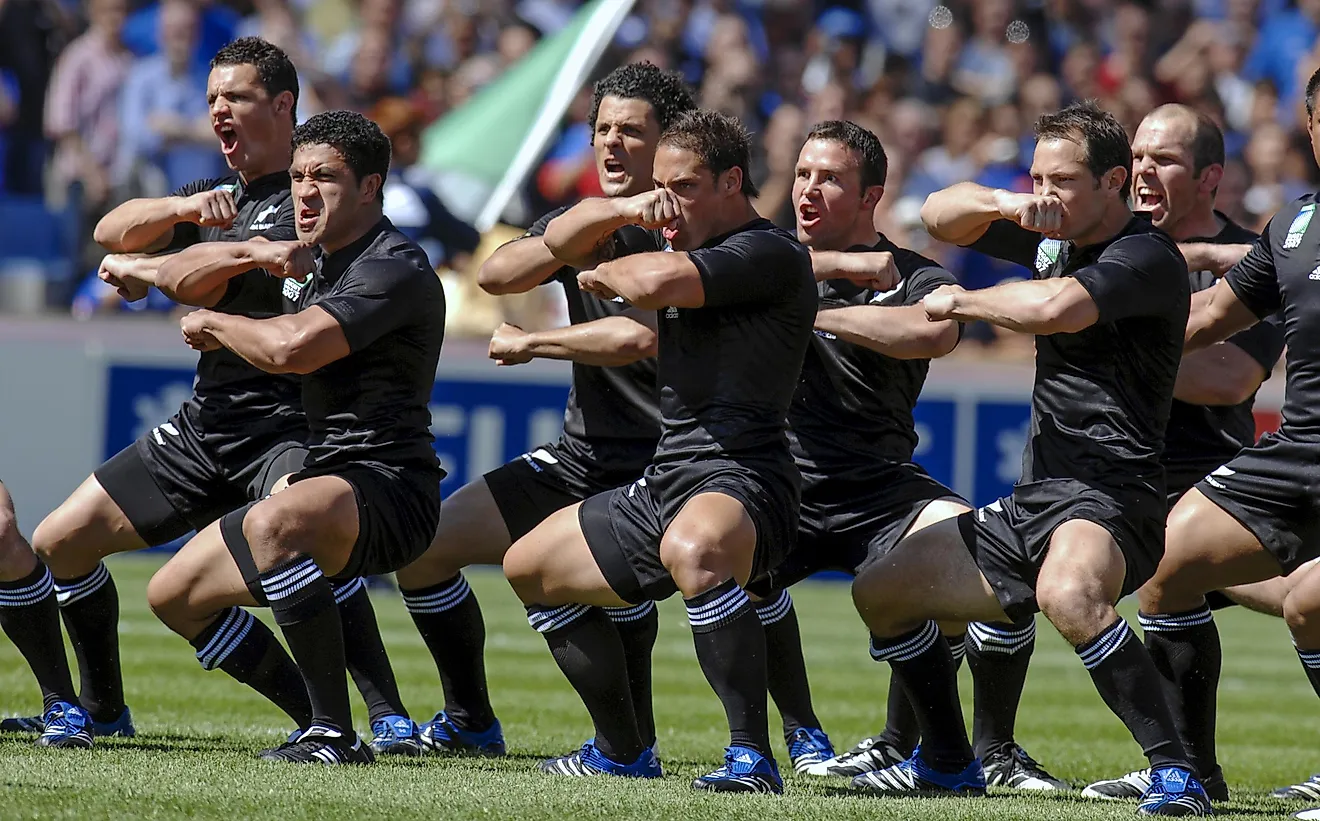
Sports are important in the culture of New Zealand. Popular sports include rugby, cricket, football, netball, golf, basketball, hockey, tennis, and water sports such as sailing and surfing. New Zealand also uses its winter season for sporting activities such as skiing and snowboarding. New Zealand participates in both local and international competitions and has a prominent national rugby team commonly known as the All Blacks. Athletic activities in New Zealand are also vital, especially track and field events including racing, boxing, and cycling. Most of the sporting activities developed from influences of British and Western cultures and grew from recreation activities to competitive and professional ones. New Zealand also prides itself on the invention of bungee jumping and zorbing, both of which are tourist attractions of New Zealand.











